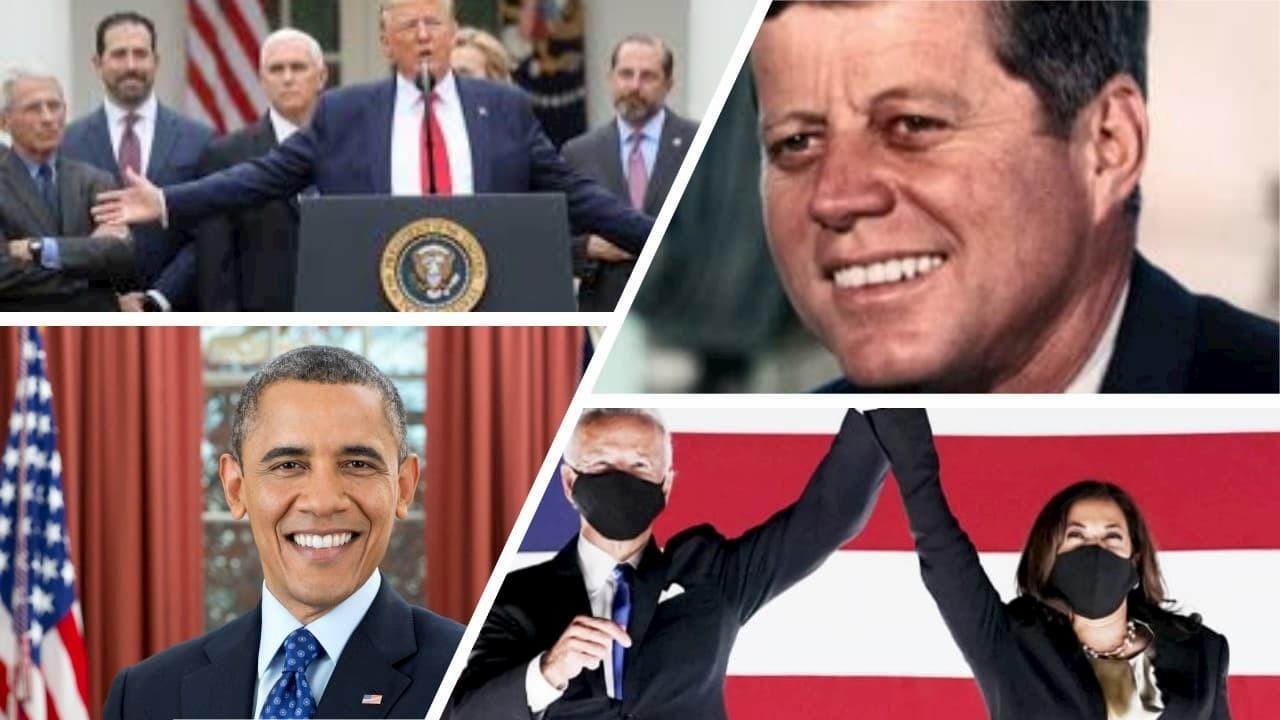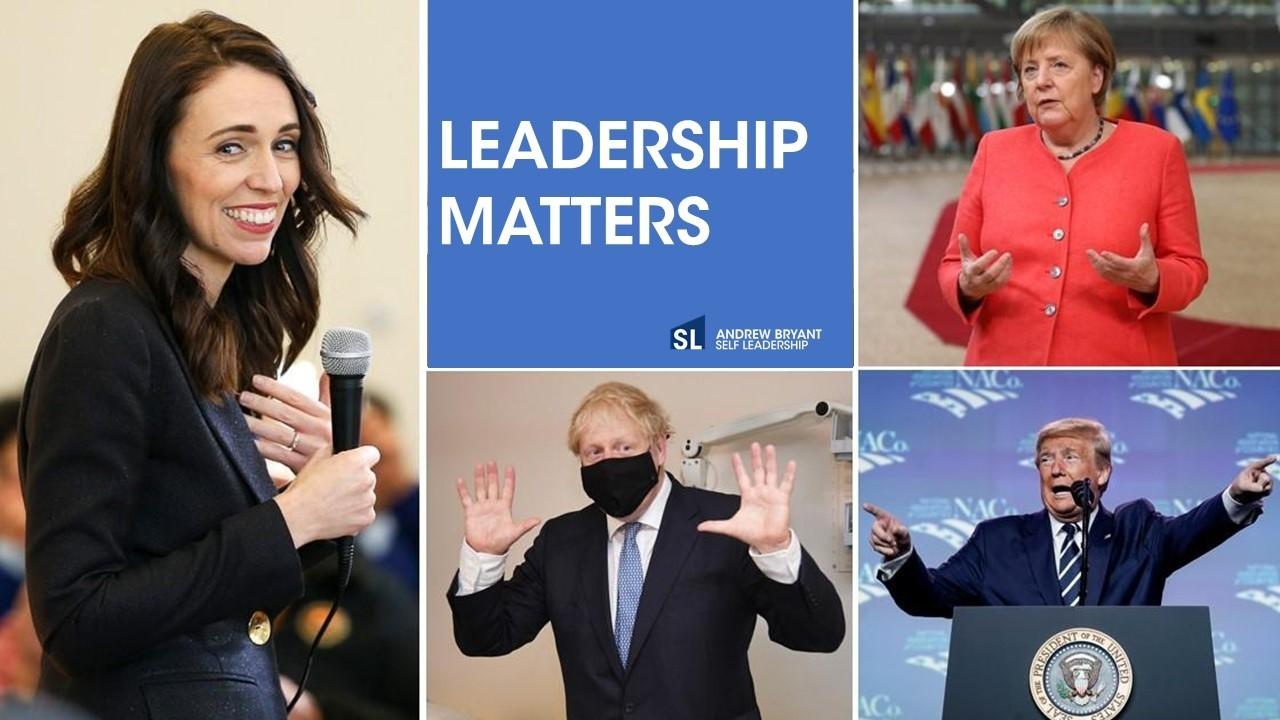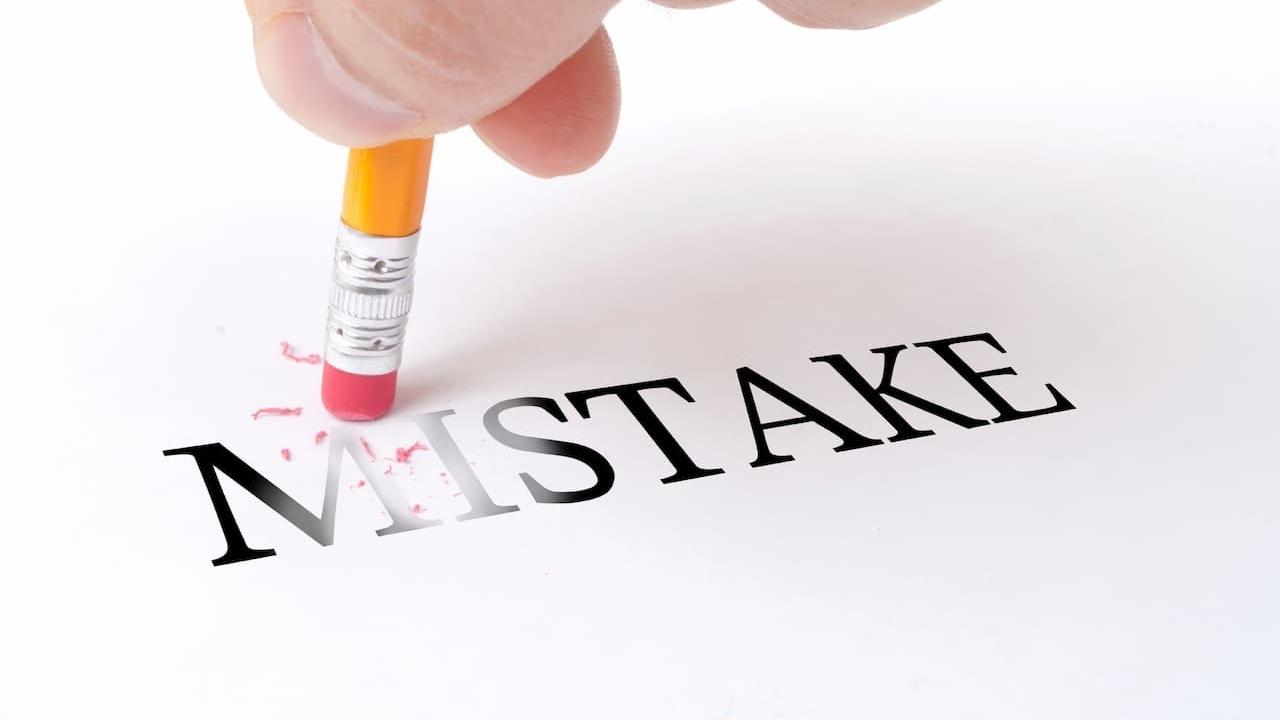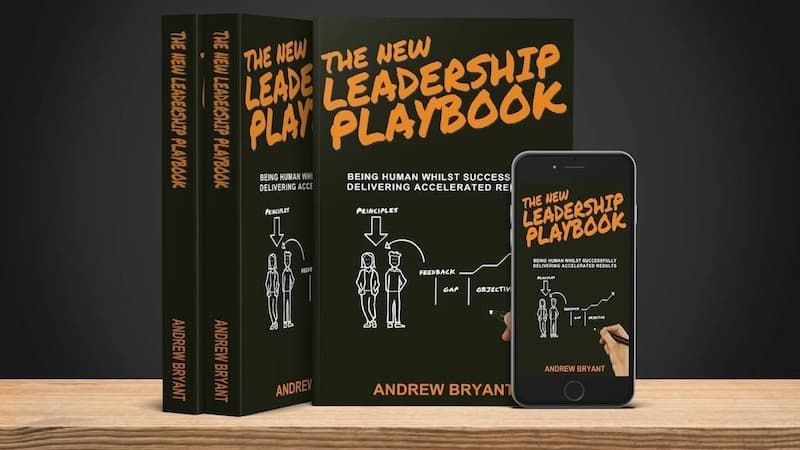Self Leadership and
The New Leadership Playbook
Blog by Andrew Bryant
3 Presidential Leadership Lessons

At the time of writing this, the US Election has been called by the Media, for former Vice President, Joe Biden, with Senator, Kamala Harris as his Vice President. Regardless of your personal preference for the outcome, this is a historical moment.
Right now, Biden and Harris are making speeches about unity and healing and putting together a transition team. It won’t be easy. Rhetoric alone will not get the COVID-19 Pandemic under control or get buy-in from the 70-million Americans who didn’t vote for them.
What strategies can the new President use, and what can we learn that we can apply to our own leadership challenges?
I was born in 1961, the year President Kennedy (JFK) took office as the 35th President of the United States of America. Kennedy, a Democrat, took over from Eisenhower, a Republican, and inherited the containment doctrine of the 1940s and 1950s. This doctrine founded on the belief that Communism was a threat to the United States seemed archaic to Kennedy who posses...
How to Lead Change with Stories

Leading change with and through stories is a key leadership competency and so should be a key focus of any leader's development.
Stories create a space for the listener to 'step back' from a current perspective and consider an alternative view. This new awareness creates the flexibility required for a change in attitude and behavior.
A Story for Change of Perspective

On December 24th, 1968, fueled by fears of Russian space supremacy, and guided by President Kennedy’s vision, Apollo 8 comes around the moon for the first time.
The astronauts are greeted with the most amazing spectacle – Earth Rise.
From the Dawn of Time, man has spoken and sung of our god’s looking down on the earth from above, and now for the first time, we humans get a god’s eye view of our blue-green planet spinning against the vast backdrop of space.
Vicariously, through the eyes and cameras of those brave astronauts, we had escaped the cultural frames of race, religion, nationality, and nationalism.
As a s...
Choosing the right Executive Coach for you

Choosing an Executive Coach for yourself can be a little confusing, to say the least. Your Executive Coach is going to be your confidant and you will need to open up to get the best from the relationship. So whether you are spending your own money or your organization is providing you with a coach, it’s helpful to have more than just a ‘gut feel’ to go on.
Coaching Chemistry Call
Most coaches will give you a no-obligation, 30 to 60-minute ‘chemistry’ meeting to assess if there is a fit for both parties. That’s right, an experienced coach may spot you are not committed to the process, or the organization has misaligned expectations and so excuse themselves from the assignment.
I recommend that you meet with at least two coaches but no more than four. Meetings can be face-to-face, by video conference, or by phone. Try and ask each coach the same questions, and take note of the questions they ask you. A good coach is going to get you to step back and think. You will find yourself sayin...
Leadership Matters

Leadership matters, especially in times of uncertainty. Leadership matters because people like certainty. Lack of certainty leads to stress, and stress results in poor decisions. Poor decisions can lead to catastrophic consequences.
Corporate leadership is typically measured by quarterly results, market share, and shareholder value. It can also be measured by employee engagement, social impact, and sustainability. Likewise, Political leadership can also be measured by stock market value, amount of fundraising, and the number of reelection votes; or the health, happiness, and economic future of the nation.
Leadership and Responsibility
For over 20 years, I have been coaching corporate leaders and observing political leadership, and the key metric I have found to matter is – responsibility. Responsibility or response-ability is the ability to take ownership of a situation and respond in ways that provide an improved outcome and level of certainty for the people affected.

The opposi...
Leadership and the Power of ‘AND’

Nigel is sitting in his manager’s office for his annual performance review. It had been a tough year, the effects of the Covid-19 pandemic had decimated his plans for Q1 and Q2, but Nigel had put in a superhuman effort and hit targets in Q3. Nigel was expecting nothing but praise for his efforts, so imagine his surprise when he heard the following,
“You have met your Q3 quota, Nigel, but I have some concerns about how you got there”.
All Nigel heard was, “But we have some concerns.”
The word, ‘but’ has the effect of negating everything that proceeds it.
Imagine you and I met, and I said, “I really like you but…”
You would be on the defensive for criticism, even though I prefaced it with, “I really like you.”
‘But’; is judgmental and is generally perceived as negative. For example, “I want to do this, but I can’t.”
‘But’ often creates the frame of limited choice. For example, “You can eat your cake, but you can’t keep it.”
Being human is a paradox, we are wired to be successful ...
The Secret to Effectively Managing Employee Mistakes

I will always remember an inspiring speech by Darrell, a CEO that I was coaching. The occasion was a ‘town hall’ for employees just after it was announced that he would be moving on to new pastures.
“Make mistakes”, he said.
“Just don’t let your mistakes be bigger than mine”
It is not often we hear a leader encourage his team to make mistakes, but Darrell knew that making mistakes was part of the business and that you should limit the size of your mistakes. Darrell’s leadership had created a culture of creativity and customer service, and many people openly wept on his last day.
A critical test for any leader is how they effectively manage employee mistakes. Mistakes are inevitable but your response to them will determine whether you enhance productivity and employee engagement or destroy moral.
A simple maxim for mistakes would be –
“Be tough on standards, be tender on people.”
Before I discuss how to implement this mindset, it is worth noting that we each have a default orient...
Manager or Team Failure – 5 Keys to Success

When a team underperforms or experiences failure, who is to blame, the team or the manager?
In sports, sacking the manager is a public answer to this question, but what about in business?
The question assumes full responsibility for failure on either the team or the manager, but what other factors should we consider?
You will have likely experienced working in a team or a group and being frustrated with either the team lead (manager) or fellow team members. I know I have. Recently I found myself being ‘triggered’ by the behaviors of a group I belong to. The group is a global collective of coaches and consultants contributing articles to an online magazine. The metrics are simple, provide relevant, well-written content by the 15th of the month so that the magazine can be produced and released at the beginning of the following month. What could go wrong?
Last month, I received an email from the team lead thanking me for my article and letting me know that the publication date had be...
Diversity is Difficult but Doable

How to be a Diversity and Inclusion Game Changer
I recently shared, on Social Media, that I would be the motivational keynote speaker at a large global event. Unfortunately, the best image that showcased 'yours truly' included two other white men. The optics were not great considering that I am an advocate for women's leadership and have signed a pledge to not appear on all-male panels.
There were some women and other ethnicities speaking at the conference and the panel was diverse, but not diverse enough. I called the organizer, a former mentee of mine, and he shared his frustration that he had asked many women, but they refused to speak.
I have faced this same issue before when I organized physical and virtual events. It can lead to weird conversations like,
"We are missing a Black Woman or an Asian man, and we have nobody representing LGBTQ".
In a Perfect World...
In a perfect world, we would have the best person for the job, regardless of ethnicity, gender, age, ableness,...
Virtual Leadership Speaker and Coach
Before the Covid Pandemic, my schedule was packed with travel, speaking, and coaching in multiple countries (see video above). Now, there is no travel, but as a Virtual Leadership Speaker and Coach, I can still make a difference from my home office.
Virtual Leadership Speaker
I don't call myself a futurist, but I have been predicting disruption for the speaking industry for some time. With this in mind, I began to set up the means to deliver inspiration and information remotely from my computer and cloud-based software in 2017. Now it's 2020 and I am glad I had the foresight and self-leadership to disrupt before being disrupted.
With a 2-PC setup, I can broadcast leadership speeches, workshops, and coaching anywhere in the world. It's now not unusual for me to start my day coaching on the East Coast of the USA, facilitate a meeting in Silicon Valley, speak somewhere in Asia, and finish my day in India, Africa, or Europe.
All of this was possible before the 2020 Pandemic, but clie...
Leadership in Uncertainty and Rapid Change
Leadership is challenging at the best of times, but during periods of uncertainty and rapid change, it requires a special mindset.
In this video, part of my Leadership Accelerator Program, I talk about the 'Stockdale Paradox'. This term was used by Jim Collins in his book Good to Great, after interviewing Admiral James Stockdale. Stockdale had been the highest-ranking military officer held and tortured in the 'Hanoi Hilton', a Vietnamese Prison. Admiral Stockdale was shot down during the war between America and Vietnam in 1965. He was held for 8-years with no certainty that he would survive, be released, or ever see his family again.
The Stockdale Paradox
The Paradox of Leading in Uncertainty is that you must face the brutal facts of your current reality AND never lose faith that you will prevail.

Leadership in Uncertainty and Rapid Change
If you find yourself in a leadership position during uncertainty and rapid change, it is essential that you communicate clearly, consistently...


